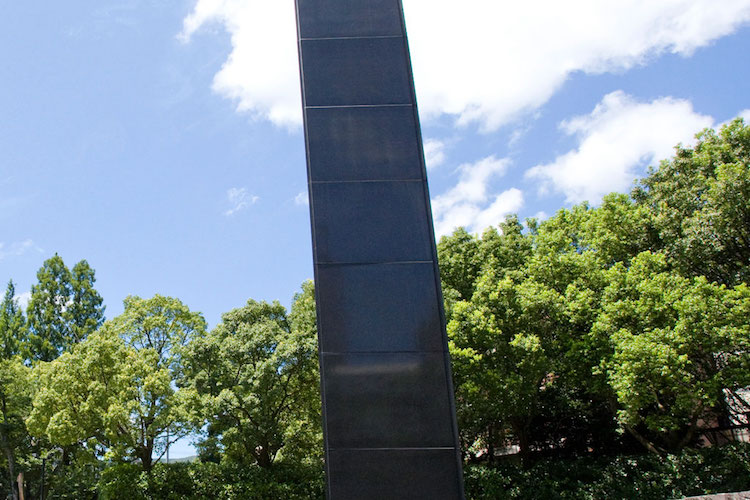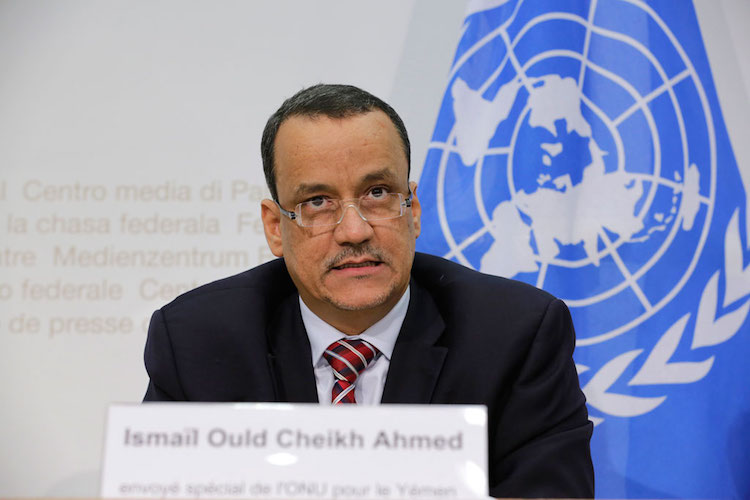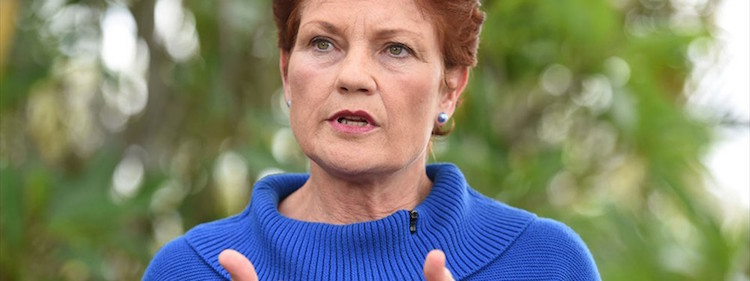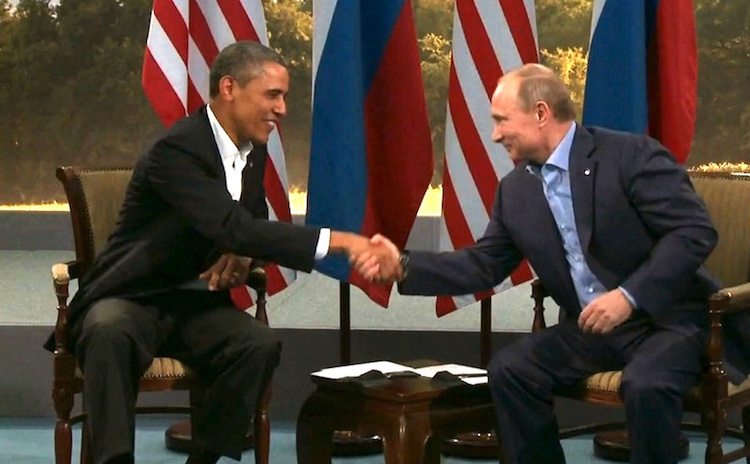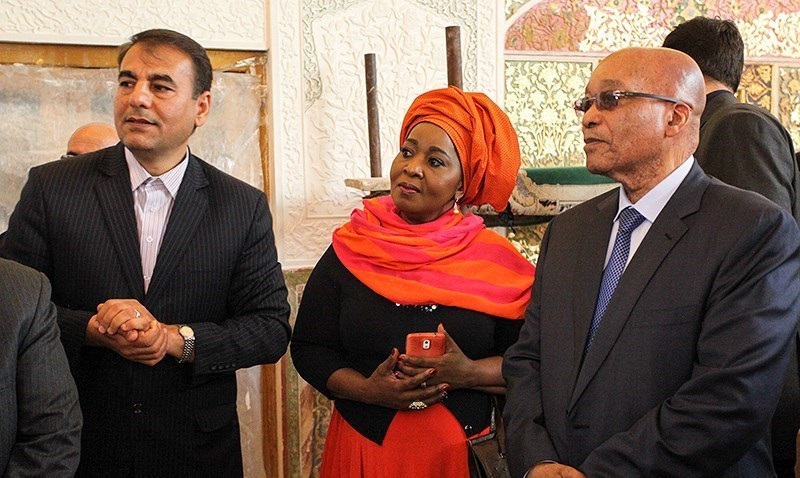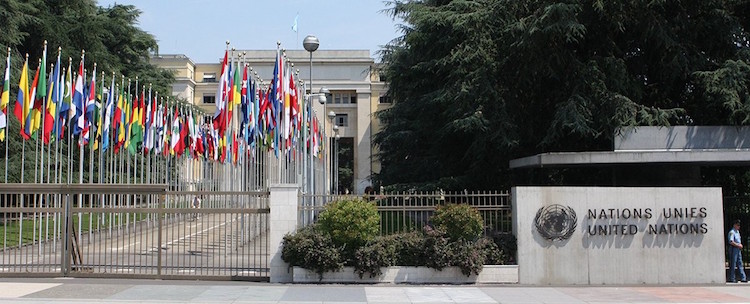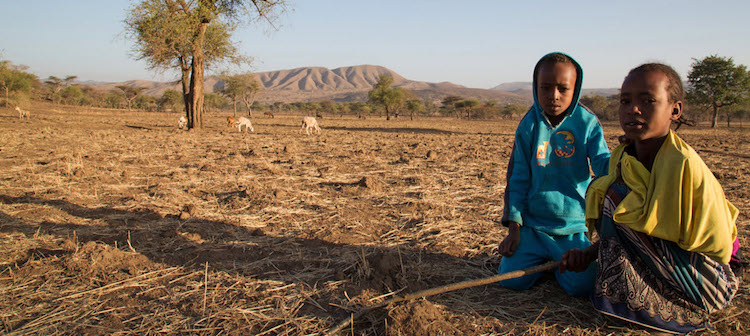Analysis by Ramesh Jaura
BERLIN (IDN) – UN Secretary-General Ban Ki-moon’s mantra “No more Hiroshimas – No more Nagasakis – Never again”, chanted to commemorate the anniversaries of the devastating atomic bombings of two Japanese cities has yet to usher in a nuclear-weapon-free world. Also his ‘five point proposal on nuclear disarmament’, tabled on UN Day October 24, 2008, has been practically consigned to oblivion.
The fault does not lie with the Secretary-General. As the world commemorated the 71st Hiroshima and Nagasaki anniversaries on August 6 and August 9, the question on the minds of proponents of a world free of nuclear weapons was: Is there reason to hope rather than despair?

